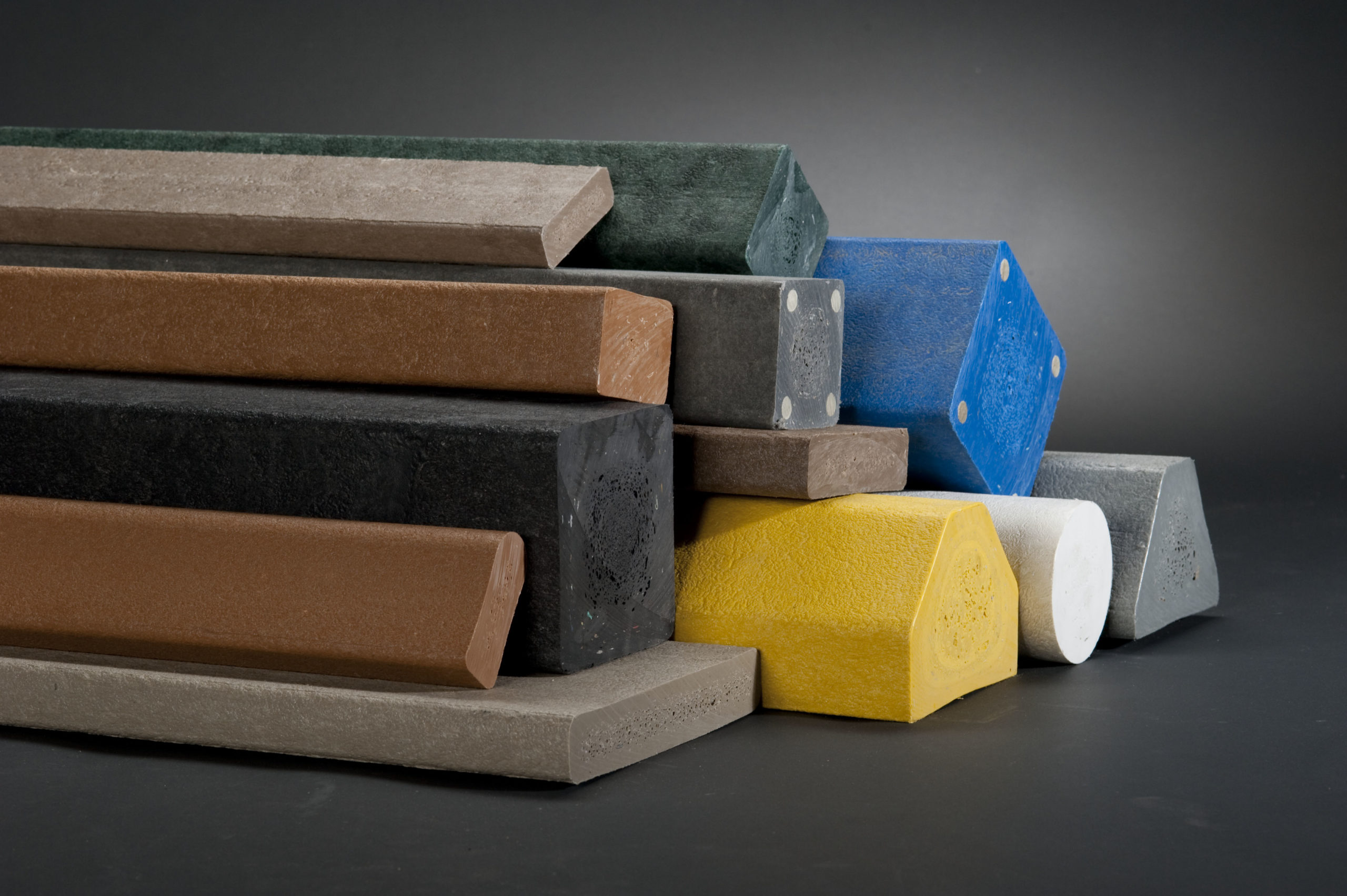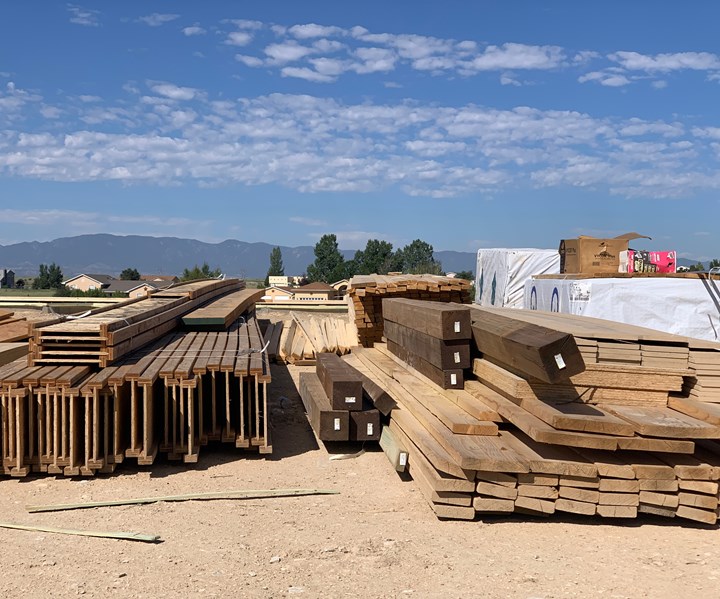The Role of Recycled Composites: Enhancing Efficiency and Sustainability Initiatives
In today's ever-evolving landscape of products design and sustainability initiatives, the usage of recycled compounds has actually arised as an engaging location of rate of interest. By harnessing the power of recycled composites, organizations can not only raise their functional effectiveness and product high quality yet additionally add to an extra lasting future.
Benefits of Recycled Compounds
Recycled compounds offer a sustainable solution that not only enhances performance yet also reduces environmental impact in various sectors. Among the key benefits of using recycled compounds is their capacity to draw away waste from land fills. By integrating products such as recycled plastics or carbon fiber into producing processes, companies can reduce the quantity of waste produced and promote a circular economic climate.
Additionally, recycled composites typically exhibit equivalent or perhaps premium mechanical buildings to virgin products. This implies that products made from recycled compounds can keep high efficiency requirements while being more environmentally pleasant. Furthermore, using recycled compounds can help business fulfill their sustainability goals and reduce their carbon impact.

Performance Benefits of Recycled Compounds
Enhancing architectural integrity and sturdiness, recycled compounds provide remarkable performance advantages in numerous commercial applications. One considerable benefit is the enhanced strength-to-weight proportion that reused composites give. This property is specifically important in sectors such as aerospace, automotive, and building and construction, where lightweight materials that maintain high toughness are extremely demanded.

Additionally, recycled compounds offer superior fatigue resistance compared to lots of standard products - composites. This characteristic is crucial in sectors based on cyclic loading or dynamic anxieties, as it aids stop premature failure and ensures lasting integrity
Moreover, recycled compounds can be tailored to meet specific efficiency demands by changing the type and proportion of recycled materials used in their production procedure. This personalization capability allows for the growth of high-performance composites that deal with the unique demands of different industries, better highlighting the efficiency advantages of recycled composites.
Ecological Effect of Recycled Composites
The fostering of recycled composites in various sectors has triggered a closer examination of their environmental impact. When assessing the environmental implications of recycled compounds, it is important to think about both their production procedure and end-of-life disposal. In contrast to traditional compounds, recycled compounds use the advantage of drawing away waste from landfills and lowering the requirement for raw materials removal (composites). This aspect adds to reduce power consumption and greenhouse gas exhausts during the production phase, aligning with sustainability goals.
Additionally, the usage of recycled composites can result in a decline in total carbon footprint and environmental air pollution. By incorporating recycled materials into brand-new composite items, firms can add to resource preservation and waste decrease initiatives. Additionally, the longevity and longevity click for more info of recycled composites can prolong item lifespan, further reducing environmental effect. Regardless of these advantages, obstacles such as maintaining material high quality and making certain proper recycling infrastructure exist. Continued r & d in this area are crucial to maximize the ecological efficiency of recycled compounds and advance sustainable practices across industries.
Applications of Recycled Compounds
Different markets have embraced the utilization of recycled composites due to their flexibility and performance-enhancing properties. Among the essential applications of recycled composites remains in the automotive industry, where they are made use of to produce light-weight elements such as bumpers, interior panels, and under-the-hood components. These composites help in reducing the general weight of vehicles, boosting fuel efficiency and reducing carbon discharges.
In the construction field, recycled composites are significantly being utilized to produce long lasting and weather-resistant structure materials. These products provide high strength-to-weight proportions, making them optimal for applications such as roof covering, cladding, and decking. In addition, using recycled compounds in facilities tasks, such as bridges and tunnels, has actually acquired grip due to their durability and resistance to corrosion.
Additionally, the aerospace industry relies upon recycled composites to produce airplane elements that require high stamina and rigidity. These composites play a critical role in improving the efficiency and gas effectiveness of airplane while reducing maintenance prices. Overall, the diverse applications of recycled compounds across markets highlight their significant payment to enhancing sustainability initiatives and boosting efficiency standards.
Future Expectation for Recycled Composites
With an enhancing emphasis on sustainability and technology, the future outlook for recycled composites in various markets appears appealing. As firms make every effort to meet environmental goals and decrease their carbon footprint, the demand for lasting products like recycled compounds is expected to rise considerably. Industries such as vehicle, consumer, building, and aerospace goods are progressively turning to recycled composites due to their lightweight, durable, and environmentally friendly homes.
In the automobile field, making use of recycled compounds in lorry manufacturing is forecasted to raise as automakers seek to create lighter and extra fuel-efficient vehicles. Likewise, in the building and construction sector, there is a growing interest in utilizing recycled compounds for framework tasks to reduce waste and enhance sustainability. The aerospace market is likewise exploring the potential of recycled composites for aircraft elements to enhance fuel performance and lower exhausts.
Conclusion
The applications of recycled compounds are huge, varying from building and construction to auto markets. Moving forward, blog the usage of recycled composites is expected to proceed to expand as sectors and business focus on sustainability initiatives in their operations.
In today's ever-evolving landscape of products design and sustainability initiatives, the utilization of recycled compounds has emerged as an engaging area of interest. In contrast to typical composites, recycled compounds supply the advantage of drawing away waste from garbage dumps and decreasing the check over here need for raw products extraction. By including recycled materials right into new composite products, firms can contribute to resource preservation and waste reduction initiatives.In the building sector, recycled compounds are progressively being used to develop long lasting and weather-resistant structure materials. As firms aim to fulfill ecological goals and reduce their carbon footprint, the need for sustainable materials like recycled compounds is expected to increase substantially.
Comments on “Composites: The Future of Sustainable Building And Construction Products”